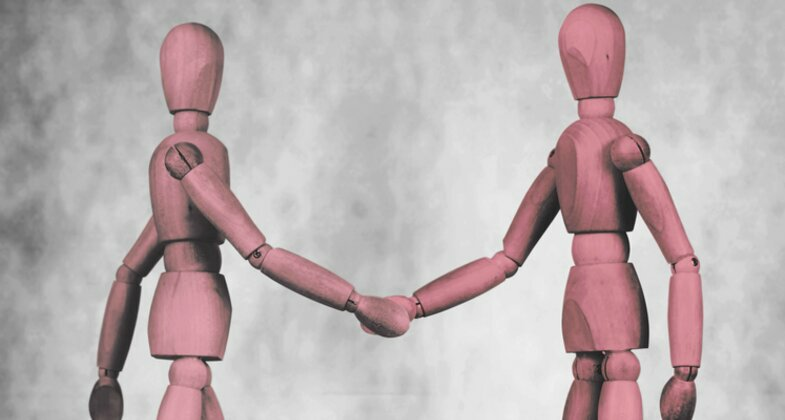New HR Directors first 90 days – secrets to success
As many business experts say, the first three months in a new job can determine success or failure. Every new starter wants to make a good initial impression and no more so than in your first HR Director role. Your first 90 days will hugely determine how you are regarded and your influence within the organisation. The expectations from your CEO and leadership team, as well as your employees will be high, and you will want to prove that you are the right person for the job.
We spoke with a number of HR Directors (HRDs) about their first three months in post and how they went about making sure it was a success. Dawn Browne, People & Talent Director at Fuller’s, the premium pubs and hotels business, has been with the company for a number of years and moved into her first HR Director position last year. Dawn approached her first 90 days by using her interview for the role and the feedback given to work with her CEO on her plan. She wanted to understand what was expected of her and what she believed that she could do, ensuring they were aligned.
Dawn separated her plan into three phases; the first 30 days, the second 30 and the final 30. Phase one, Dawn explained, is about visibility and sight, phase two the focus shifts to gaining credibility and alignment, and phase three is around making decisions regarding your team. She emphasised how new HRDs can’t expect to have any credibility unless you get phase one right. Dawn approached this first phase by listening and learning. Despite working for Fuller’s for a number of years, this was her first HRD position. She was not coming into the role to change everything instantly, she wanted to understand what the CEO and her team needed from her, and what she needed from them both in terms of tasks and behaviours. Dawn emphasised the importance of checking in with her CEO at each stage, not only asking for feedback, but giving it. She established an important understanding with him around conversations she would have with different hats on; be it as he is her Manager, they are part of the same team, or she is his HRD.
Dawn explained how the second phase was about testing her thinking with her stakeholders. She started to try fix issues and achieve some early wins. Phase three was all about making decisions around her team; had she got the right people and were they in the right seats? The HR team is a support team to all areas of the business, however, in a consumer facing business, the people closer to the customer will give you reality. If you are new into a business, now is the time to build advocates for HR. Dawn spoke with the GMs and pub managers to give her honest feedback. There is certainly a need to network as an HRD and as a team across all levels of the business.
A final salient point from Dawn was how new HRDs shouldn’t be afraid to check in with their team on how they are getting on. You don’t need to have all the answers, but by building strong relationships with your HR team you can work out the answers together. When you have a new job, it offers an incredible opportunity to reinvent yourself. Take the time to look at what you were proud of previously and what you could do differently.
Rachel Hadley, HRD at CHP, a Housing Association based in Essex, also offered her thoughts as she stepped into her first HRD position in January 2020. This role with CHP was the first time that HR had a seat at the executive table and had been part of the senior management team.
Rachel explained how a lot of her preparation was on understanding the business and the sector, as she had previously spent 20 years working for Ford Motor Company. In her first few months, she made sure she got out and about in the business to spend time with people in different roles and at different levels. She considered what kind of a person she wanted to be when she turned up to work and ensured she was as open and collaborative as possible. Rachel also wanted people to get to know her on a personal level, as opposed to just as their HR Director; she joined the netball team and engaged with everyone in social settings.
From a senior management team perspective, she made sure that what she was suggesting matched with the direction the CEO and CFO wanted the organisation to take. She felt that this resulted in a hugely positive first few months and she gelled with the executive team well. Rachel was conscious that she didn’t want to do too much too quickly. She stressed how there is a balance by firstly understanding an organisation before making changes, and a respectful way to then go about change. In any leadership position, it is important to recognise the impact that your role has on the whole organisation and team.
Rachel finished by saying that the biggest adaptation was adjusting to how ultimate responsibility lay with her. Having the support of the rest of the senior management team is intrinsic to not feeling lonely at this level.
There is certainly no standardised approach to your first HRD position, however, I would ensure that you are both visible and approachable, whilst working with the rest of your senior management and HR team. With the support of people around you, and by taking the time to understand the business inside out, it will certainly be a smoother transition and an exciting first three months.


